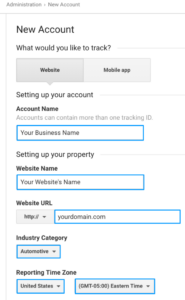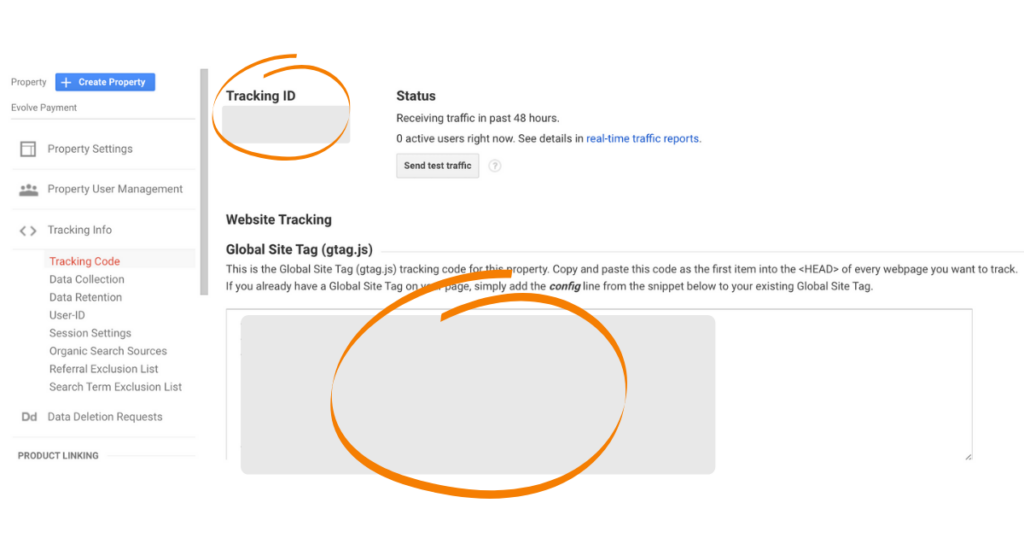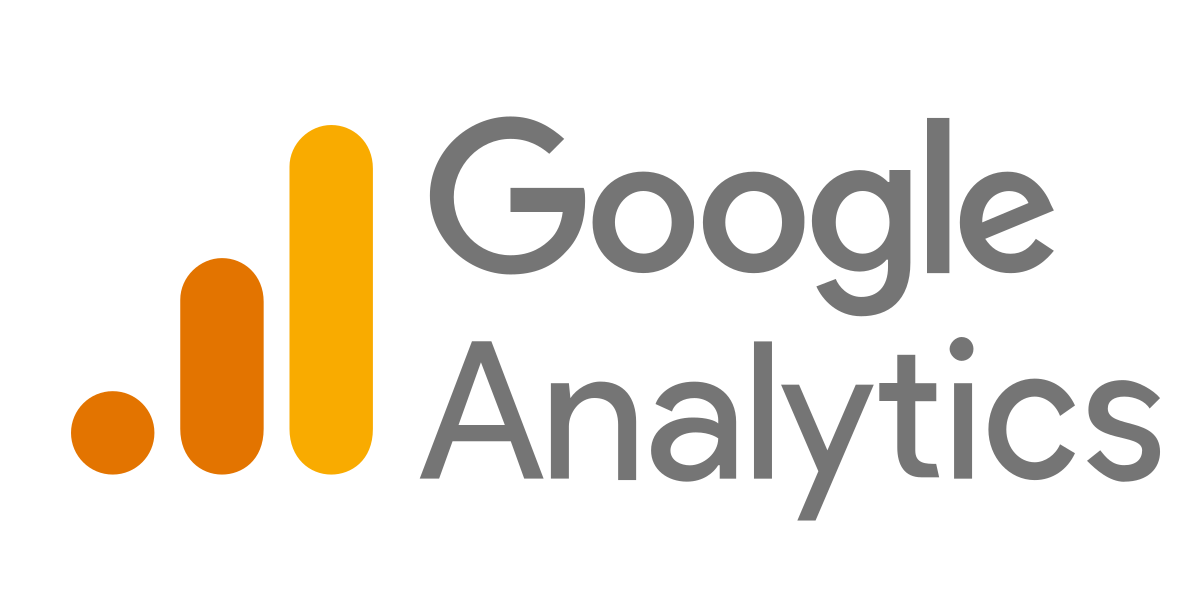Why is Google Analytics Important?
First and foremost, Google Analytics is free.
And if that is not incentive enough (because who doesn’t love free things!), Google Analytics (GA) is the tool that provides powerful insights into your website. It helps you understand:
- Who is visiting your website
- What content visitors are viewing
- Visitors’ behavior and activity on your website
- What web pages are the most popular
- How you can improve your website’s performance
- And so much more!
Whether you own a large company processing thousands of orders on your website per day or a small freelancer just starting your website, Google Analytics is built for websites of all levels. The robust information, like the examples above, are beneficial to all businesses as the more insight you have on your website, the better you are able to analyze and develop an optimal site.
The first step to building a high functioning and abundantly awesome website using Google Analytics is, of course, creating your account.
How to Set Up Google Analytics for Your Business Website
Step 1: Create Your Google Analytics Account

It’s simple, create your account. Visit the Google Analytics sign-up page and click, “Start measuring.”
From there, Google Analytics will walk you through the next steps of completing your account with your business information, such as adding your website name and industry.
Note: When creating the account you will need to use a Google email account. It is recommended to use a company’s Google account instead of an employee or personal account as the Google Analytics account will be attached to the chosen Google account.
Step 2: Copy Your Tracking Code

In order for Google Analytics to collect your website data, you need to provide a channel where the data can be sent to your GA account. To do so, you need to first copy your tracking ID numbers provided by Google during the setup, and then pause! You will now need to create your Google Tag Manager account.
Step 3: Create Your Google Tag Manager Account
Don’t worry, Google Tag Manager is also free and equally awesome.
Google Tag Manager (GTM) is the tool for tracking and transmitting website activity and works cohesively with Google Analytics to develop a full picture of your website. Tag Manager sends the data to Google Analytics which is then converted into easy to understand reports and analyses. Click here to learn more about how Google Tag Manager can improve your website.
To set up your Tag Manager account:
- First, you need to click here to sign-up for Google Tag Manager
- Second, add your account name
- Third, create the container (which is the snippet of code that you place on your website)
- Fourth, follow the instructions for copying and pasting the GTM code onto your website- The code essentially grabs the necessary information to be sent to Google Analytics
Step 4: Connect GTM and GA
Alright, now we can continue. Do you have your tracking ID and is your Google Tag Manager account is created? Great! The next step is adding your tracking code as a tag.
While on your GTM account, you will click New Tag which will bring you to a page with two boxes, Configuration (where the data will go) and Triggering (the type of data collected). First, you’ll paste the Tracking Code in the Configuration by selecting Google Analytics as the tag type. Next, navigate to the triggering section and click All Pages so information is sent from your entire website.
Step 5: Determine Your Google Analytics Goals
In order for Google Analytics to provide customized reporting, you need to tell it what your website goals are. To do so, go to Admin → Goals → New Goal.
From there you can input your business’ goals for your website, such as if you want visitors to visit a certain page, stay longer on your website, or click a certain download. You can continue to refine and define each goal to offer more exact objectives and measurement standards.
These 5 steps will help get your Google Analytics account up and running, yet, of course, there is still more to be done in order to receive the full benefits from Google Analytics.
Learn More About Google Analytics
Google provides an introductory course with videos explaining more in-depth steps and information needed to set up your Google Analytics account. The course covers:
- Introduction to Google Analytics
- Learning the Google Analytics Interface
- Understanding basic reports
- Starting basic campaign and conversion tracking
Click here to start Google’s beginner guide to Google Analytics.
The team at Evolve Systems not only can help you set up your Google Analytics account and ensure all pieces are properly connected, we can take your website to the next level with advanced Google Analytics.
Get in touch to learn how to implement Google Analytics or use your current account to maximize your website’s performance and success. Fill out the form below to get started!









